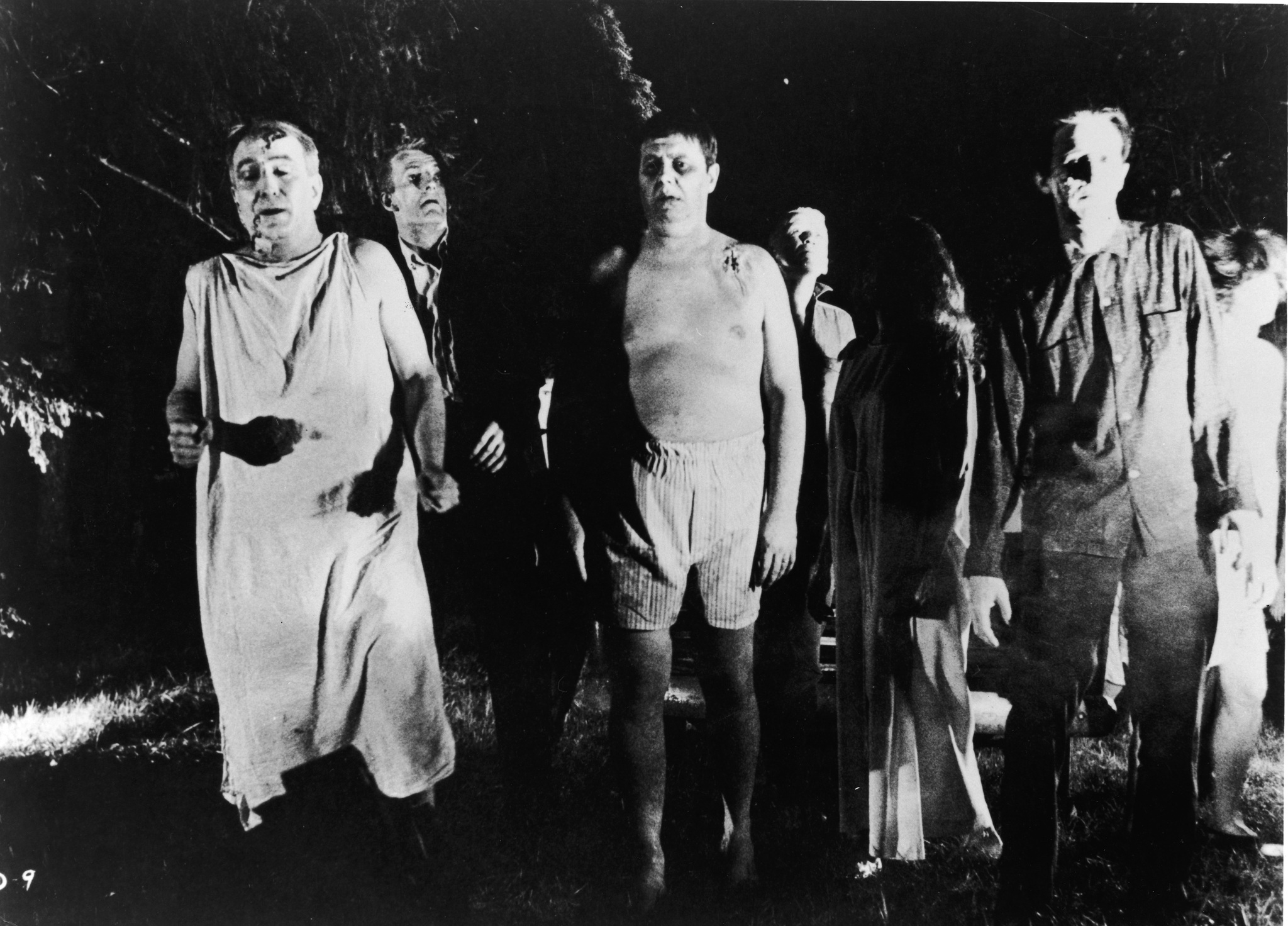|
Corpse-like Obedience
Corpse-like obedience (, also translated as corpse obedience, cadaver obedience, cadaver-like obedience, zombie-like obedience, slavish obedience, unquestioning obedience, absolute obedience or blind obedience) refers to an obedience in which the obeying person submits unreservedly and passively to another's will, like a mindless, animated cadaver. Jesuit origin The term originated with the Jesuit work by Ignatius of Loyola from 1553, the Letter on Obedience. It has also been dated to 1558. That text said, in Latin: "" which can be translated as "We should be aware that each of those who live in obedience must allow himself to be led and guided by Divine Providence through the Superior, as if he were a dead body". The concept, described in the Jesuit context as "fabled and misunderstood", has since been criticised by detractors of the Jesuit order as blind obedience. Jesuit supporters, in turn, refer to it as the "perfect obedience". Modern use The term is often associated with ... [...More Info...] [...Related Items...] OR: [Wikipedia] [Google] [Baidu] |
Zombie A zombie ( Haitian French: , ht, zonbi) is a mythological undead corporeal revenant created through the reanimation of a corpse. Zombies are most commonly found in horror and fantasy genre works. The term comes from Haitian folklore, in which a ''zombie'' is a dead body reanimated through various methods, most commonly magic like voodoo. Modern media depictions of the reanimation of the dead often do not involve magic but rather science fictional methods such as carriers, radiation, mental diseases, vectors, pathogens, parasites, scientific accidents, etc. |
